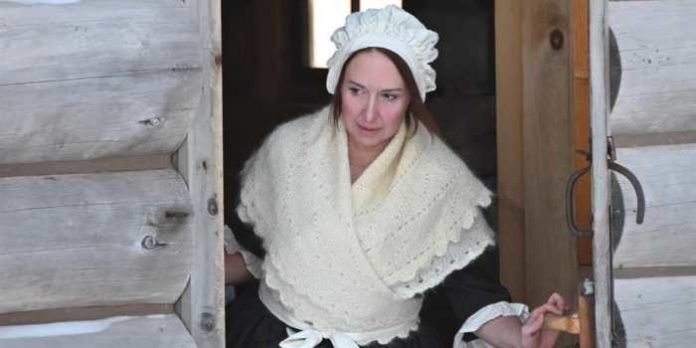Halifax Presents continues its series, speaking with local filmmakers to find out more about their film shorts at this year’s FIN Atlantic International Film Festival.
In this Q&A, director Iain MacLeod gives us some insight into his film The Unhappy Pioneers, which screens as part of the Atlantic Shorts Program 1.
This interview has been edited.
Tell us about The Unhappy Pioneers. What can audiences expect?
How did you find the story/what was your inspiration for the film?

I wrote the story quite a number of years ago, and it was inspired by poetry by 19th-century Gaelic bards in Nova Scotia (such a movie cliche I know!). Basically, a lot of immigrants from Scotland had been promised something approaching a tropical paradise, which is not exactly what we know Nova Scotia to be. Anyway, their disappointment, which, to be fair, eventually turned to acceptance, then happiness was something that I found interesting.
Why this particular film now?
I have a Gaelic background and have been seriously learning the language for three years. I made my first Gaelic short last year and wanted to make another, so here we are.
What was your biggest challenge in making the film?
We shot it in January, so the weather was a challenge. And it’s always tricky to make a film on a shoestring budget, especially in a minority language.
What will surprise audiences about your film?
I’m waiting to find that out myself, but maybe the fact the 1780s characters speak with relatively modern voices.
What do you hope audiences walk away talking or thinking about after seeing the film?
As with any Gaelic film, I hope people realize after watching it that the language is still alive and relevant. I also hope people understand that the immigrant experience is very human and relatable, no matter when or where. Finally, I hope people watch to the end of the credits and think about what it really means to “settle” a place and the effect that has.
That sounds kind of cryptic, so I’ll be more direct. When my family and other Scottish immigrants came to Nova Scotia, we occupied land that wasn’t ours to occupy. What I hope non-Indigenous people think after watching the film or simply in general, is about this foundational crime in Canada. I’m not claiming to have the answers, but I know not thinking or talking about it has not worked at all.
What’s next?
I am hoping to make the first Canadian feature film in Gaelic. I’m pitching it as Superbad in 1890 in Cape Breton.
The 2020 FIN Atlantic International Film Festival runs September 17-24. Visit finfestival.ca for a complete listing of film and tickets.


